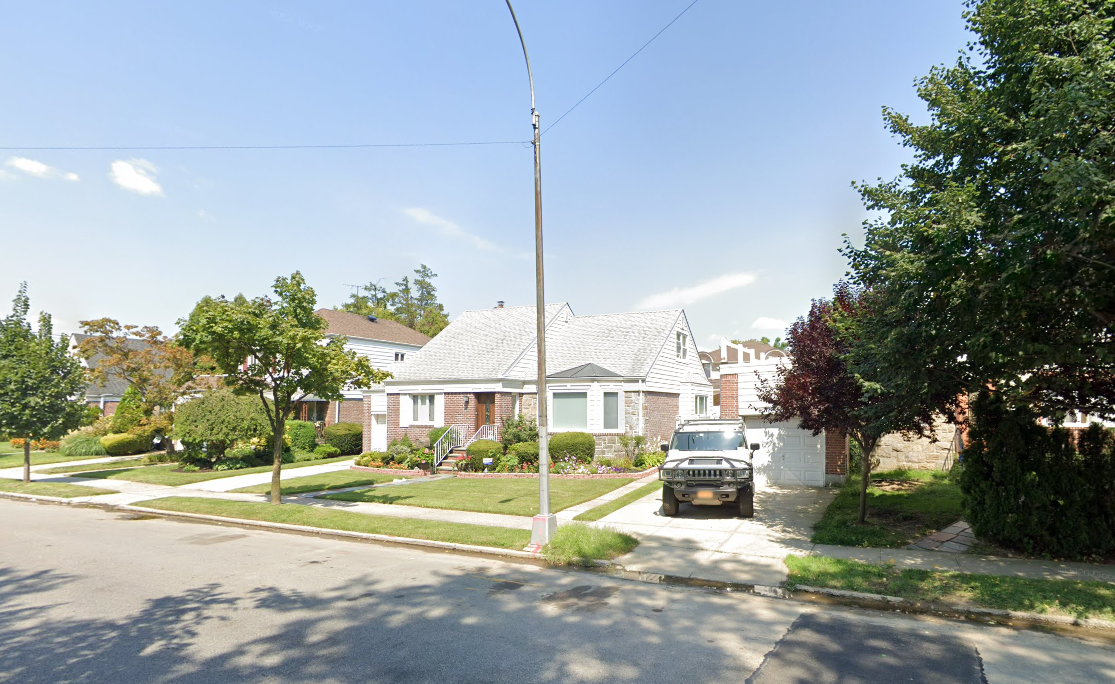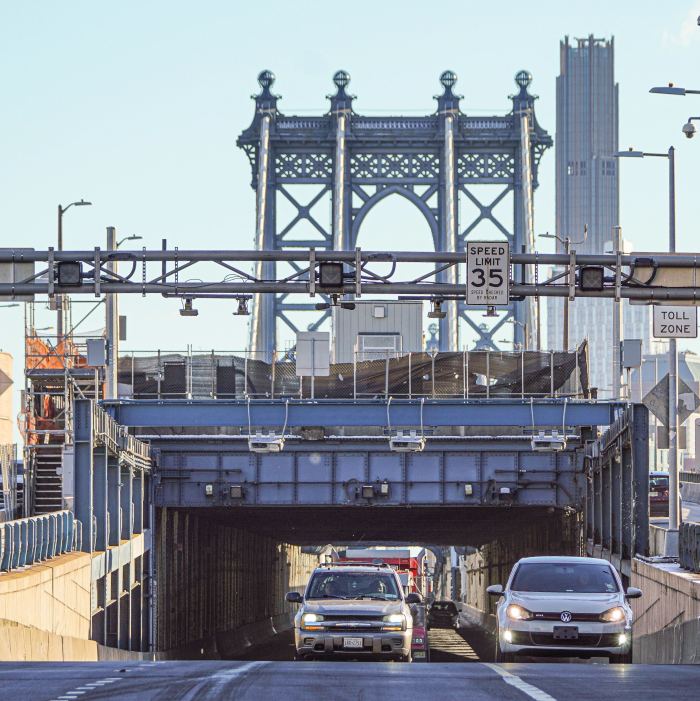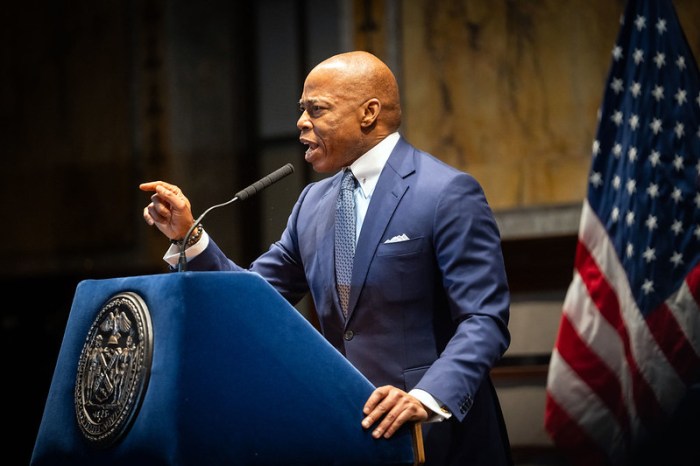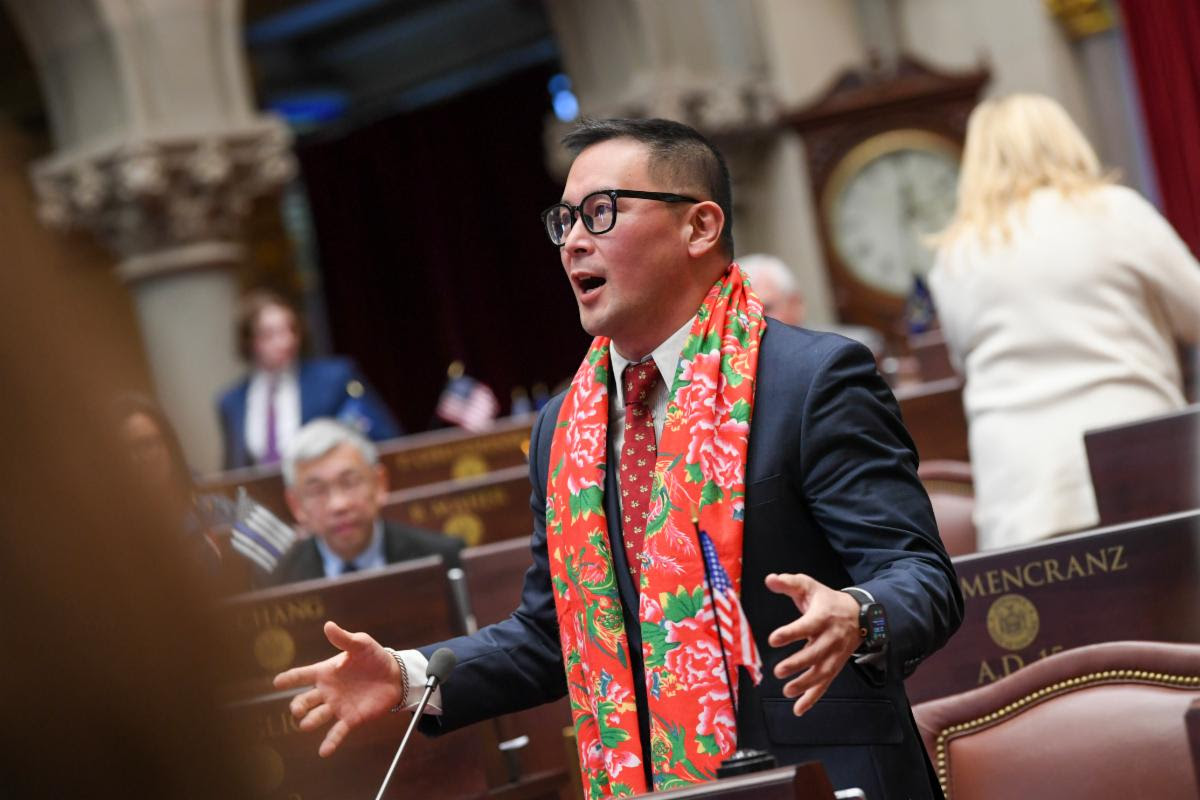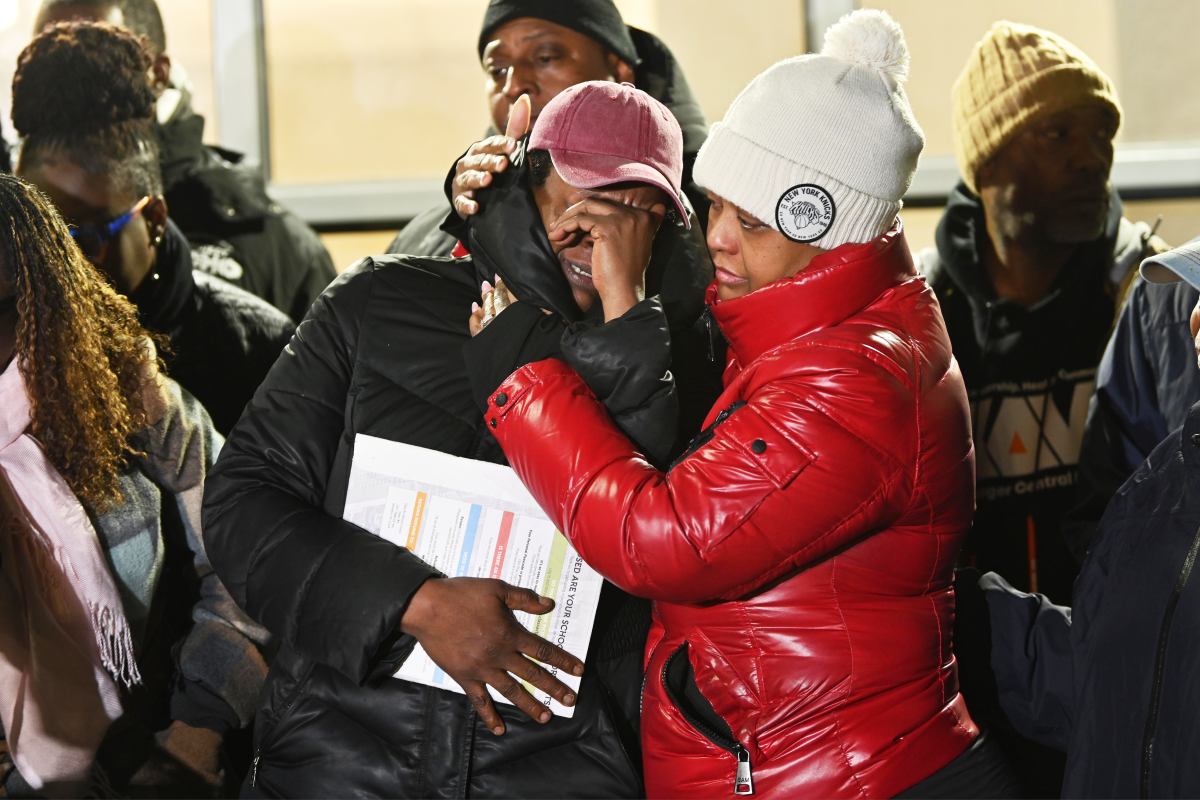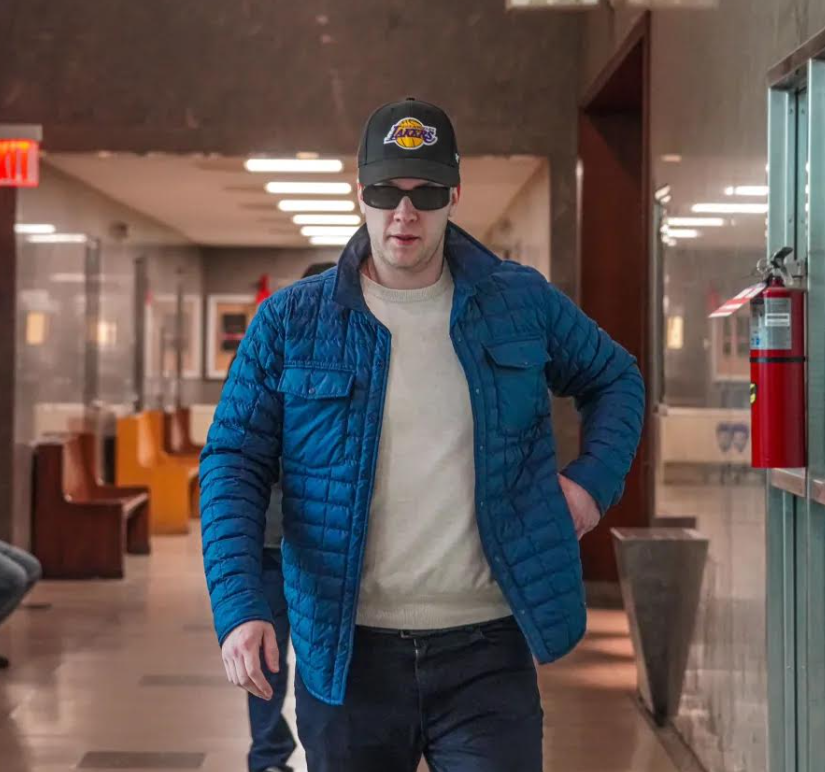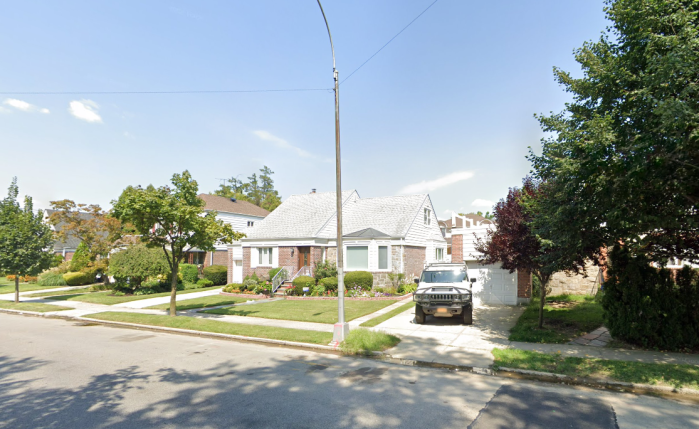
City Council Speaker Corey Johnson said he is not confident the city Board of Elections can avoid another fiasco during the upcoming February special election for public advocate.
Johnson, who had called for the resignation of BOE Executive Director Michael Ryan after the disastrous November elections, said Ryan’s testimony during a special Council oversight hearing on Tuesday was not very convincing.
Council members grilled Ryan for hours about broken-down scanners and long waits at poll sites, which caused confusion all around the city on Election Day.
Johnson told reporters Ryan showed a “lack of understanding” in not apologizing to voters until prompted.
“If I were him, I would have come here today, sackcloth and ashes, and said, ‘I am so, so sorry for what you all had to endure on Election Day. I will . . . do my best to ensure this will never happen again,’” Johnson said.
Ryan blamed the perforated two-page ballot, which jammed machines, as well as the unusually large voter turnout and wet weather for the hourslong delays at many polling places.
He pointed to a “remarkable increase” in voters. About 2 million people cast ballots in the Nov. 6 election, a 100 percent increase from the 2014 general election, Ryan said.
Many people, like City Councilman Brad Lander, waited on a line for more than an hour, only to be instructed to place their ballots in an emergency ballot box, instead of using the scanner.
“We are living in an electronic voting machine world, and we are operating under lever machine rules,” Ryan told Council members during the hearing.
Ryan said because of his position, he is limited in how much he can lobby for election reform in Albany, but he acknowledged that changes would be necessary to make voting easier.
Elected officials and government watchdogs have long argued the city BOE needs to be reformed into a nonpartisan, independent entity. Its members are currently political appointees selected by borough party bosses.
Johnson said he hopes the State Legislature approves early voting when members return to Albany in January.
“If you do that as a first step, I think it will go a long way to alleviating the endemic issues you see on Election Day,” Johnson said.



